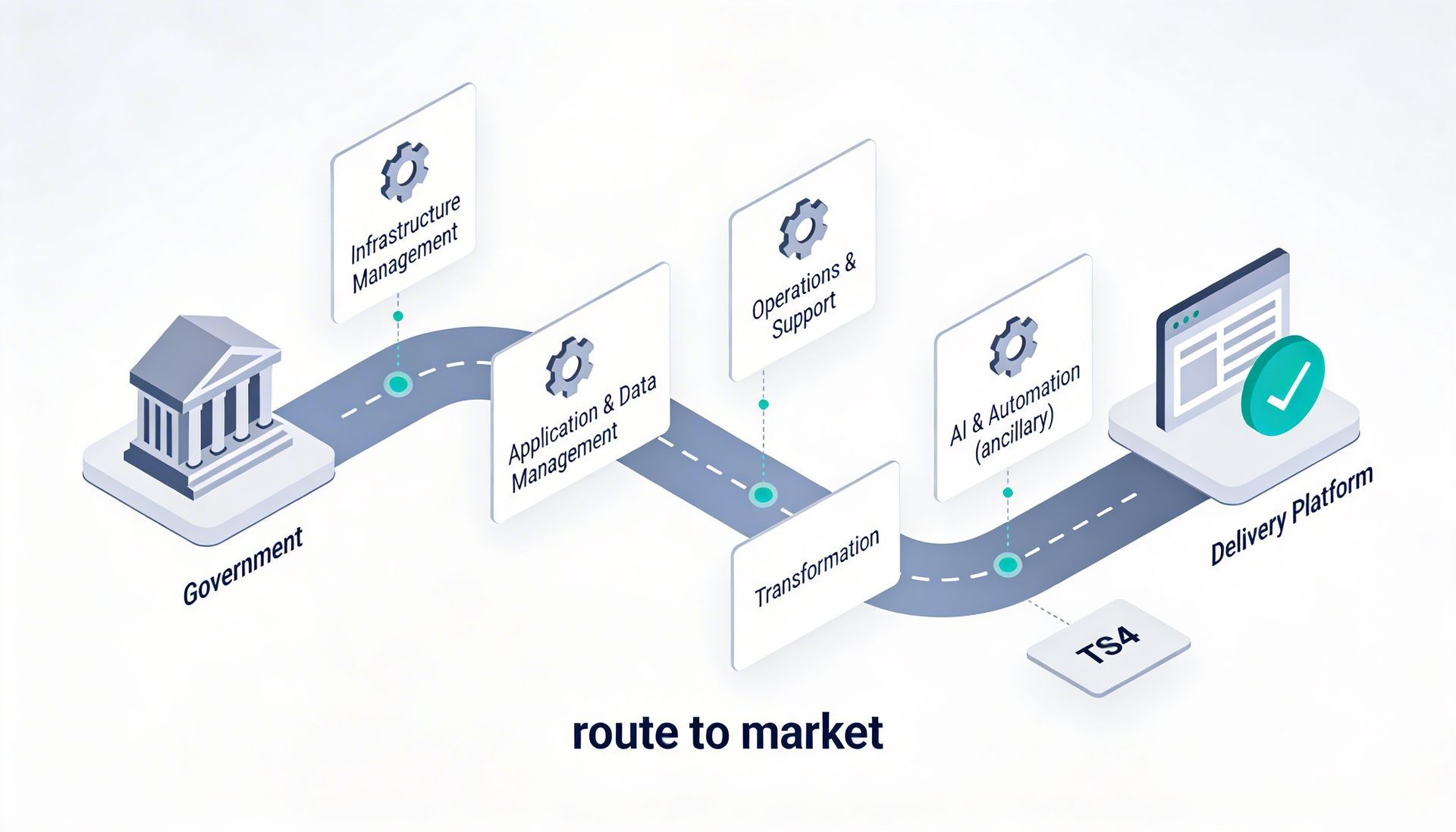When Digital Transformation Goes Wrong: Birmingham's £170m Oracle Disaster
Birmingham City Council's catastrophic Oracle implementation has become a textbook case of how digital transformation can spiral from ambitious modernisation into financial disaster. What began as a £19.9 million project to replace an ageing but functional SAP system has ballooned into a £170 million nightmare that helped push Europe's largest local authority into effective bankruptcy.

The Anatomy of a Digital Disaster
The timeline tells a story of escalating ambition and mounting failure. Originally scheduled for 2021 with a modest £20 million budget, the Oracle Fusion rollout was meant to modernise the council's financial systems. Instead, it created chaos that has persisted for over three years.
The council's decision to customise the Oracle system—including the introduction of a banking reconciliation system (BRS)—proved catastrophic. What should have been an "out-of-the-box" implementation became a bespoke disaster that left Birmingham unable to file auditable accounts since April 2022.
The human cost has been enormous. The council has had to allocate £5.3 million annually just for manual workarounds—essentially paying staff to do by hand what the computer system was supposed to automate. It's a stark reminder that when digital systems fail, someone still has to do the work, often at much greater expense and complexity.
A Culture of Optimism Over Reality
Conservative councillor Meirion Jenkins captured the frustration perfectly: "This is a council that was going to buy an Oracle implementation for £19 million. We're now running at £170 million... The audit committee was misled the first time round. Now it's happened again."
This pattern—initial optimism followed by repeated delays and cost escalations—reflects a broader issue in public sector IT procurement. The pressure to present ambitious timelines and modest budgets often creates unrealistic expectations that compound when reality sets in.
The latest delay to the Income Management System (IMS) exemplifies this problem. Testing showed a 73.3% pass rate against acceptance criteria requiring 95%, with 10 severe deficits when zero were acceptable. Yet somehow this failure surprised council members who learned about it through media reports rather than official channels.
The True Cost of Failure
The £170 million figure represents more than just software licensing and implementation costs. It includes:
- Ongoing manual processes that should have been automated
- Lost efficiency across all council departments
- Compliance costs from the inability to produce auditable accounts
- Recovery programmes including the complete system reimplementation
- External oversight from government commissioners
Perhaps most significantly, this IT failure contributed directly to Birmingham's declaration of effective bankruptcy in September 2023. When your financial management systems don't work, you can't manage your finances—a circular problem that becomes existentially threatening for any organisation, but particularly one managing public money.
Lessons in Digital Hubris
Birmingham's experience offers sobering lessons for organisations embarking on digital transformation:
Beware of Customisation Creep: The council's decision to modify an "out-of-the-box" solution turned a manageable implementation into an unmanageable disaster. Every customisation adds complexity, cost, and risk.
Test Early, Test Often: The revelation that the current IMS testing showed such poor results so close to go-live suggests inadequate testing protocols throughout the project lifecycle.
Governance Matters: The fact that audit committee members learned about delays through media reports indicates fundamental failures in project governance and communication.
Budget Realistically: The journey from £20m to £170m isn't just cost overrun—it's a complete failure to understand the true scope and complexity of the project.
The Price of Getting It Right
Government commissioner Myron Hrycyk's advice—"put quality above speed"—comes with hard-earned wisdom. His warning that rushing "hoping to save some funds, you will probably pay for it 10 or 20 times over in sorting it out afterwards" perfectly describes Birmingham's current predicament.
The council is now implementing Oracle from scratch whilst simultaneously running manual workarounds and introducing interim systems like CivicaPay. It's paying the price of doing the job three times over—the original failed implementation, the manual workarounds, and now the complete rebuild.
Beyond Birmingham: A National Challenge
Birmingham's Oracle disaster isn't unique—it's simply the largest and most public example of a pattern affecting councils across the UK. The combination of aging legacy systems, budget pressures, and the complexity of modern ERP solutions creates a perfect storm for project failure.
The irony is bitter: in trying to modernise and become more efficient, Birmingham has become less efficient and more expensive to run. The technology that was meant to solve problems has become the problem.
The Road to Recovery
As Birmingham prepares for its April 2026 go-live date (the third such target), the stakes couldn't be higher. Success would finally deliver the financial management capabilities the council desperately needs. Another failure could be terminal.
The £170 million question is whether lessons have truly been learned. Early signs are mixed—the recent IMS delay and communication failures suggest that some fundamental issues persist.
What's certain is that Birmingham's experience should serve as a cautionary tale for any organisation contemplating major IT transformation. Digital change can deliver enormous benefits, but only when approached with realistic expectations, rigorous governance, and unwavering focus on getting the basics right.
In the end, Birmingham's Oracle disaster reminds us that in digital transformation, there are no shortcuts to success—only expensive detours through failure.
Don't Let Your Digital Transformation Become the Next Birmingham
Are you planning a major IT transformation? Learn from Birmingham's costly mistakes before they become your own. At Altiatech, our expert consultants help organisations navigate complex digital transformations with realistic planning, rigorous testing, and proven governance frameworks.
Get your transformation right the first time. Contact our team for a confidential consultation on your digital transformation strategy.
Call us on +44 (0)330 332 5482 or email innovate@altiatech.com to discuss how we can help you avoid the pitfalls that have caught so many others.
Don't gamble with your organisation's future – get the expertise you need to succeed.
Ready to move from ideas to delivery?
Whether you’re planning a cloud change, security uplift, cost governance initiative or a digital delivery programme, we can help you shape the scope and the right route to market.
Email:
innovate@altiatech.com or call
0330 332 5842 (Mon–Fri, 9am–5:30pm).
Main contact page: https://www.altiatech.com/contact













